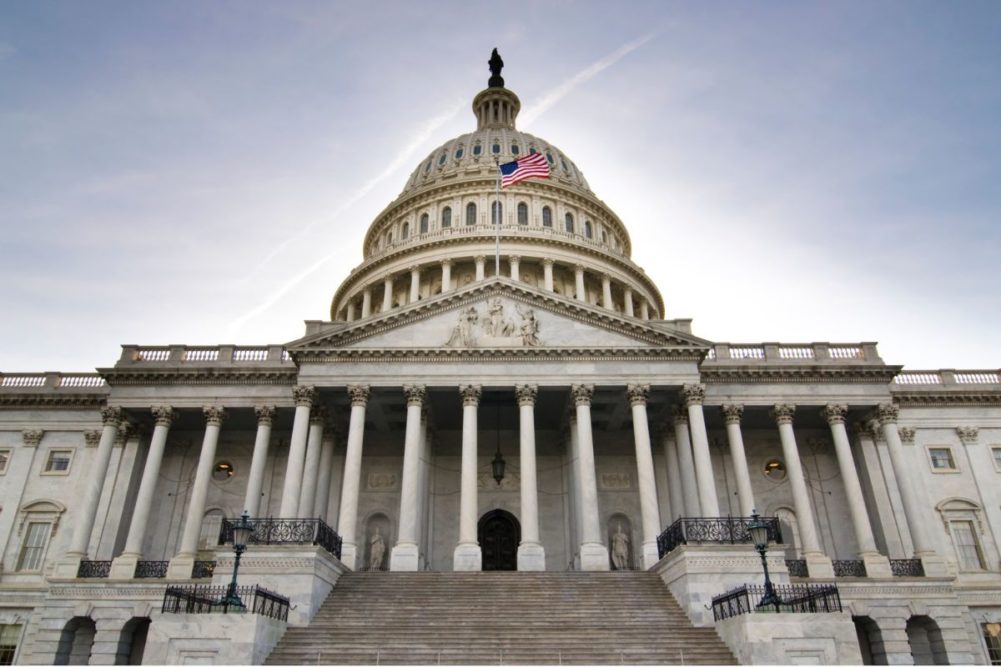WASHINGTON, DC, US —Introduction of the American Farmers Feed the World Act of 2023 in the US Senate drew swift praise from groups representing the US wheat and milling industries, which support restoring US international food aid to an in-kind commodity donation program.
The US Wheat Associates (USW), the National Association of Wheat Growers (NAWG) and the North American Millers’ Association (NAMA) have joined the broader agriculture industry in backing the legislation, seeing it as an effort to use US-grown commodities to alleviate global hunger rather than buying food from US agricultural competitors.
The legislation was introduced by Senators Mike Braun of Indiana, Jon Tester of Montana, Roger Marshall of Kansas and Pete Ricketts of Nebraska. It was introduced in the US House of Representatives on June 22, and a coalition of agriculture groups have worked to advance it through the new farm bill.
“NAMA thanks Senators Braun, Tester, Marshall and Ricketts for their leadership in pursuing these long-overdue reforms to Food for Peace and the Bill Emerson Humanitarian Trust that will restore these critical, life-saving programs to their roots of being accountable in-kind donation programs that alleviate world hunger with American-grown commodities, including milled products,” said Kim Cooper, senior director of government affairs for NAMA.
The legislation returns the Food for Peace program to a purely in-kind commodity donation program and would require that at least half of all funds be used to purchase US commodities and ship them overseas, minimizing administrative costs. The bill also would end the practice of purchasing commodities from US agricultural competitors and the use of cash vouchers. It also simplifies the release mechanism in the Bill Emerson Humanitarian Trust, which makes funds available to provide emergency humanitarian food assistance to developing countries.
“It is exciting to see the Senate join the House in supporting the role of US farmers in the farm bill’s international food aid programs,” said Peter Laudeman, director of trade policy for USW. “The American Farmers Feed the World Act of 2023 offers an important rebalancing to ensure that Food for Peace remains focused on effectively delivering as much American-grown food to as many people in need as possible.”
The legislation empowers US wheat farmers to share their harvest and contribute to the global battle against hunger, said Brent Cheyne, president of NAWG and a wheat farmer from Oregon.
“We’ve observed a shift away from utilizing American commodities in food aid programs over the years, which has resulted in diminished transparency, accountability and bipartisan backing,” he said. “As Congress considers reauthorizing the farm bill later this year, this legislation provides an opportunity to revitalize the role of American agriculture in addressing global hunger.”





